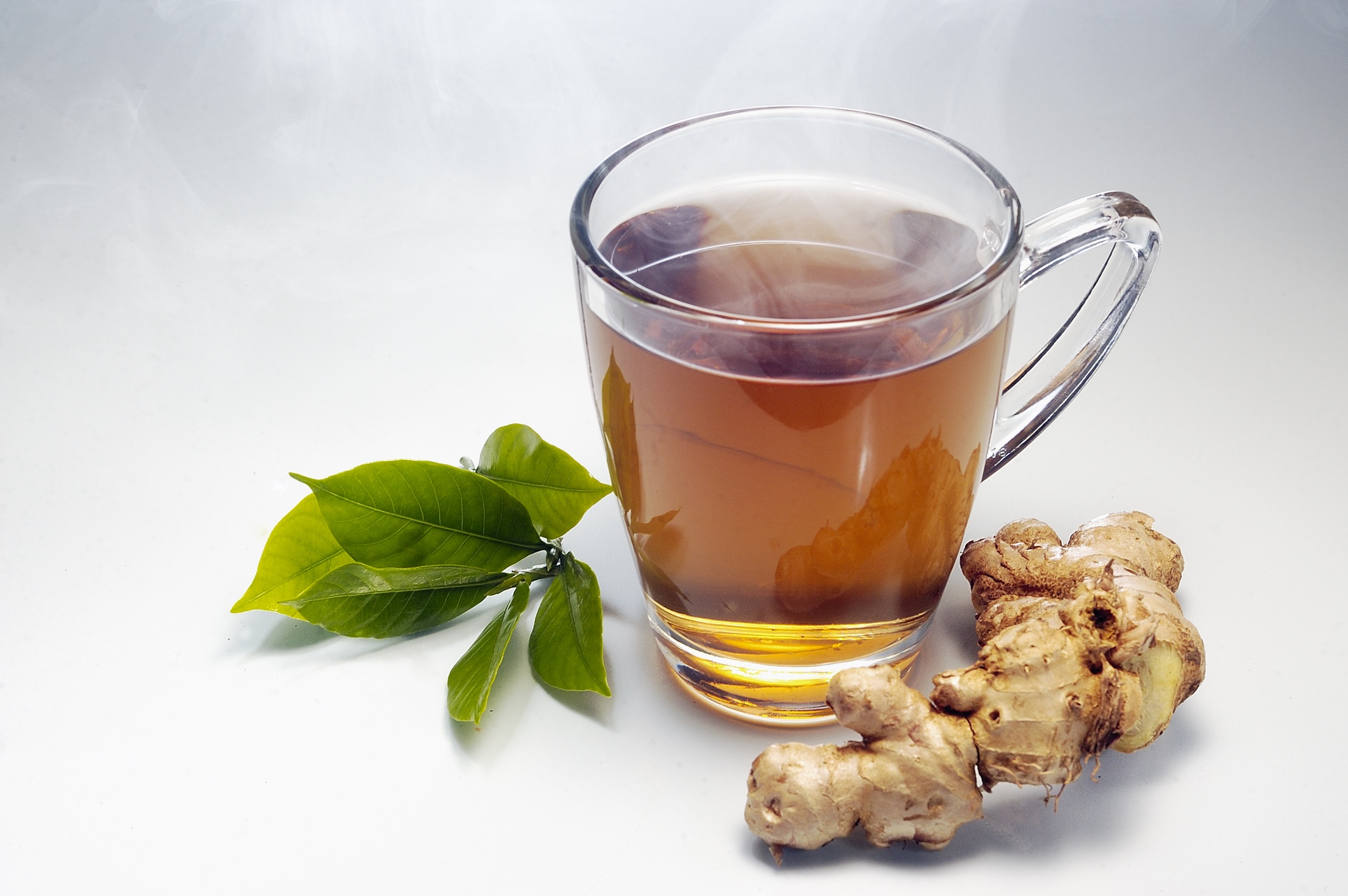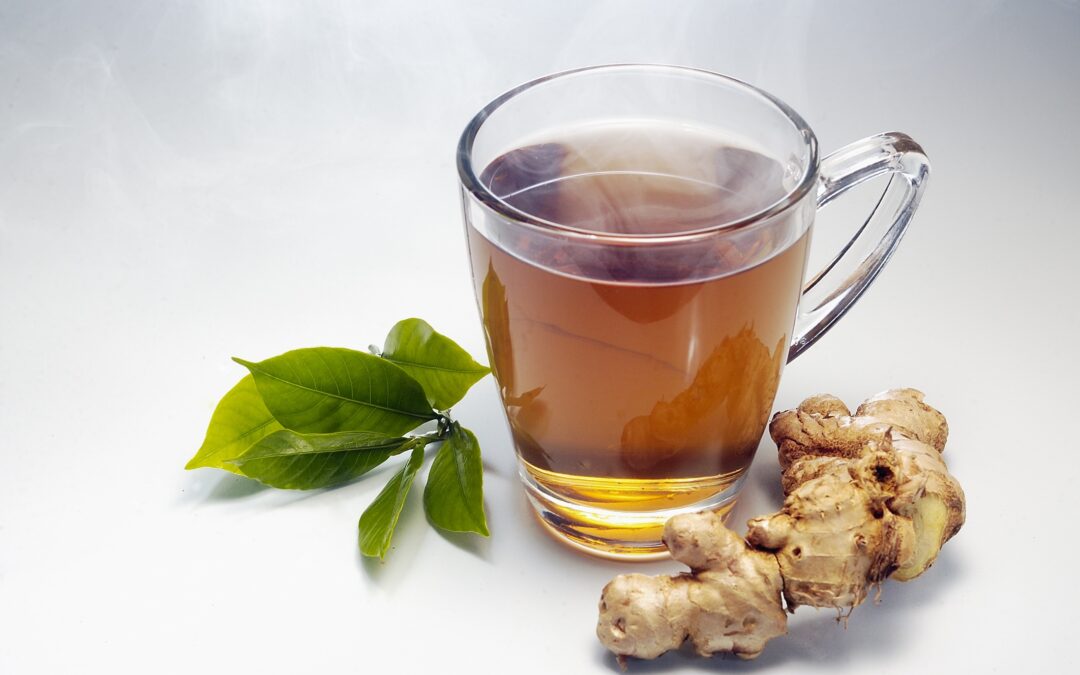(To Help Prevent Depression & Dementia)

Even it has been cold and raining, I was still looking forward to visiting friends last weekend and staying with them at their holiday house near a National Park. Although it’s winter that area is still beautiful.
The day before I was going to drive there they informed me that a friend had suddenly died from a heart problem and another passed away after a long illness. His father was in hospital in a critical condition.
What does Winter, Coldness and Dampness has to do with this?
More people get sick and pass away during winter time. In addition, depression and mental health tends to worsen in winter. Why is this?
In Traditional Chinese Medicine (TCM), we recognise Yin and Yang energy. Yang energy is considered warm, moving, stimulating, rising and expanding. Yang energy is found in substances, functions and capabilities with these characteristics.
Yin energy is considered cold, inhibited, restraining, falling and contracting. Yin energy is found in substances, functions and capabilities with these characteristics.
Hence in winter, when it is very cold or damp, people need to have sufficient Yang energy to resist the coldness and dampness of Yin energy in nature.
How does winter dampness and coldness affect us?
- Coldness and dampness can increase your blood viscosity.
- The low temperature makes capillary blood vessels contract to hinder circulation. Thus it is easier for your blood pressure to increase and for your heart to work harder. This increases the likelihood of heart problems, strokes and, in the long term, dementia.
- Cold weather can also weaken the immune system, and make the endocrine system imbalanced. Thus asthma, bronchitis, flu, colds and diabetes all worsen.
- The cold can harm the digestive system and aggravate ulcers.
- The cold weather can cause imbalances in the chemicals in the body, creating winter depression.
- Coldness and Dampness can make Arthritis worse.
We need Yang energy to cope with low temperatures during winter to prevent these problems. People who are Yang deficient may become sick or very sick.
What makes us Yang deficient?
On a cold and rainy day I went to a birthday party where I saw a six year old boy. He had so much mucus pouring out of his nose and was coughing heavily with a lot of phlegm from his chest that it nearly choked him. I couldn’t take my eyes off him; he was wearing a tee-shirt with shorts and eating ice-cream!
Energy of Yin and Yang deficiency is built up during a period of time when we experience the following:
- Stress and emotions, worrying, anger, fear, sadness, grieving – too much of any of these
- Irregular or poor lifestyles – not getting enough sleep, staying up too late, not eating regularly
- Not keeping warm enough, drinking and eating too many cold things
- Overusing energy by working too much or too hard
What should we do to strengthen Yang energy in winter?
- Have a balanced level of exercise and don’t sweat too much – if you sweat too much, you will lose a lot of Yang energy
- Make sure to wear enough clothing, and especially keep your feet, legs, lower stomach and lower back warm. Drink and eat warm things
- Spend as much time as possible in the sun to receive the Yang energy from the sun
- Try to avoid dampness by wearing dry clothing, and avoid going out straight after washing your hair or having a shower
- Hibernate enough during winter – don’t stay up late and avoid stress and emotion
Tips: The following foods and drinks are great for increasing Yang energy:
- Tea – ginger tea, Goji berry tea, red date tea and cinnamon tea (except for pregnant women)
- Nuts – walnuts (very beneficial!), sesame
- Soups. Ginger lamb soup (good for Yang energy)
- Orange coloured vegetables and root vegetables (e.g. carrots, radishes, pumpkin, beetroot, etc.)
Note: If you have heat in the body, such as a sore throat, fever or feel hot, you should not follow the above tips.
Have a great hibernating winter to help you have a healthy next spring!
Traditional Qi’s two concepts are prevention and wisdom.
Written by Angela Zhu, Traditional Chinese Medicine practitioner, Qi Gong & Tai Chi instructor.





